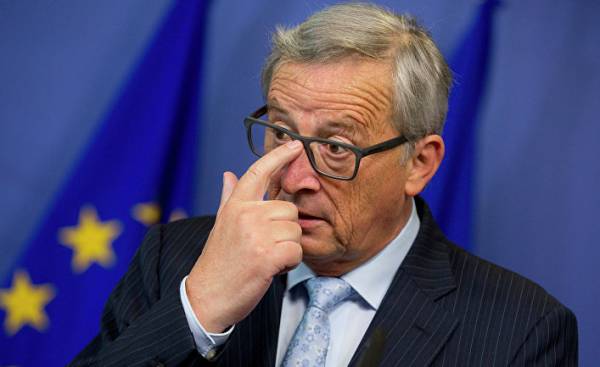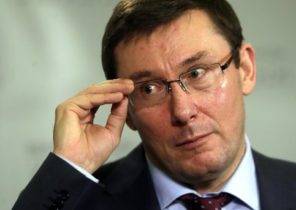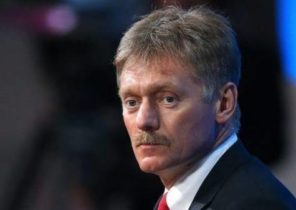
The Minister of foreign Affairs of Austria Sebastian Kurtz (Sebastian Kurz) is starting a new political initiative. In view of the Austrian presidency in the EU in the second half of 2018 Vienna will be responsible for developing reforms to the European Union. Chancellor Kern also recently announced upgrade approach of the EU. These plans deserve attention. Even if these efforts initially will have to test the domestic players, it shows that the EU has had an important goal.
But there are doubts about the effectiveness. Because there are member States who are happy to slow down reform. And even if right now Brussels States that soon will present a White paper reforms, concrete proposals will appear only in a year. And the average citizen will begin to wonder can’t sleep if there is officials, or they may not want to change anything.
The euphoria of the nineties the EU has already passed. After the financial crisis and migration, which has caused a huge amount of complaints and no suggestions last year suddenly the decision was made to “Breccia”. It immediately started talking about the life-saving shock, the chance for a new start for the EU.
Since then there have been a lot of talk and a lot of discussion. There is no concrete result. Win Donald trump in the presidential election in USA in November last year also led to the emergence of new ideas. Anti-EU populists on the other side of the Atlantic decided that for Europe it will be an opportunity for rapprochement. Fine words, but in reality they mean nothing.
The reason for this lethargy? Let’s start with the simple management team in Brussels. There is no active desire for reform, there is a caste up to the President of the Commission, and it is all about the old team. Where’s the younger generation that better understands and is able to inspire such an important young citizens of member States? When a few days ago Jean-Claude Juncker (Jean-Claude Juncker) has announced that in 2019 he would not run for a second term as President of the EU, the reaction was restrained. Apparently, some see this as a chance for real change. But there are fears that the reality will be quite different.
Despite all justified criticism of the clumsy leadership of the EU, the real problem lies elsewhere: in the member States. Because unlike the famous sayings fish in the EU starts to rot from the head, and some of the capitals [of the EU]. If the leader of one of the EU member States can claim that his country is under attack from the EU, as it did recently, Viktor Orban; if a country like Poland, can continually and deliberately to ignore the criticism of the EU (in 2003 US President Bush divided Europe into old and new continent, thereby shattering it, and then Poland happily took the side of the USA), so they are the true gravediggers of the European idea. There are many other examples of how the EU is growing nationalistic pettiness, as countries choose for themselves only what is economically profitable.
Is there any solution for the EU? One possibility is to undertake a radical structural changes and aspiration in the framework of the reform process to create a Europe with two different growth rates. Those who want to stay in the club and seek greater cohesion. And those who do not want to cooperate, but will remain a member of the EU, with fewer rights and responsibilities.
If then Brussels is ready to carry out real structural reform and focus on complex sectors, foreign policy, defence, migration and Finance, leaving the details to member States, in the end, it may be a new the EU.
Unrealistic? Maybe, but the alternative is tragic, and will delight only two leaders in Washington and Moscow.







